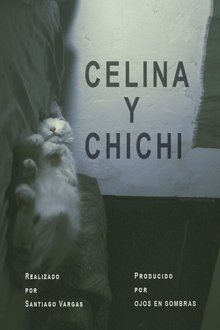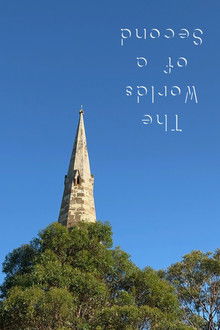After concluding the now-legendary public access TV series, The Pain Factory, Michael Nine embarked on a new and more subversive public access endeavor: a collaboration with Scott Arford called Fuck TV. Whereas The Pain Factory predominantly revolved around experimental music performances, Fuck TV was a comprehensive and experiential audio-visual presentation. Aired to a passive and unsuspecting audience on San Francisco’s public access channel from 1997 to 1998, each episode of Fuck TV was dedicated to a specific topic, combining video collage and cut-up techniques set to a harsh electronic soundtrack. The resultant overload of processed imagery and visceral sound was unlike anything presented on television before or since. EPISODES: Yule Bible, Cults, Riots, Animals, Executions, Static, Media, Haterella (edited version), Self Annihilation Live, Electricity.
Related Movies
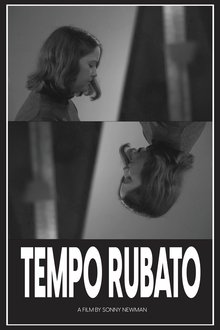
Tempo Rubato (2025)
The night before her eighteenth birthday recital, an overworked and undertalented pianist is abducted by three ghouls.
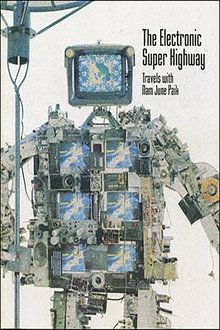
The Electronic Super Highway: Nam June Paik in the Nineties (1994)
A portrait of Nam June Paik produced as a 'video catalog' for the exhibition 'The Electronic Super Highway', which premiered at The Museum of Art in Fort Lauderdale, Florida, with recent installations, historical background and interviews.
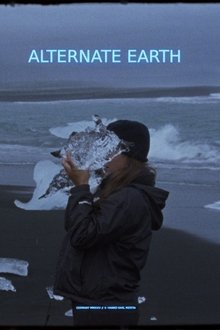
Alternate Earth (2025)
A scientific expedition travels to an alternative Earth in hope of finding a new home for humanity, which has destroyed its own planet. But is it even possible to escape old patterns?

Conversation with Two Lovers (2025)
Shot in two places marrying with each other by a single and fractured bridge between Condrieu and les Roches-de-Condrieu, this film is the continuation of exploring ephemeral movement through the use of editing, camera movements and color sampling.
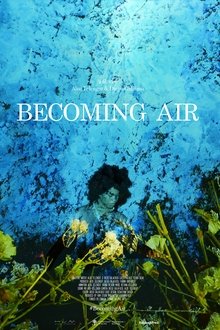
Becoming Air (2025)
Breathe deeply: in 3 years, your molecules will circle Earth, as today’s oxygen came from nature.
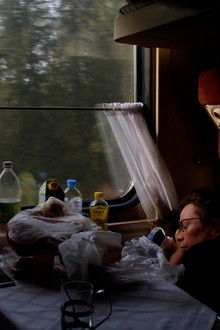
An Uncountable Number of Threads (2023)
Travel films have an established format with their own conventions, history and baggage. It is a medium that has all too often sought to control, define and dictate perceptions of ”other” places. Comprised of footage shot while travelling on group excursions across Russia in 2019, An Uncountable Number of Threads is an attempt to draw out the ethical restrictions of a travelogue, while questioning how (and why) to make one. At times there is an awkward tourist-gaze, aware of its outsider position. But as a self-reflexive work that considers its own creation, it ultimately unravels, as the artist rationalises themselves out of a particular way of working, inviting the viewer into their uncertainty.

Próxima Parada (2024)
Experimental documentary that poetically exposes the reality of public transport in the city of Curitiba.

beer cans under my bed (2024)
This short, started early on into sobriety, finished about nine months in, is a collage of diaries and notes, collected from within addiction and into recovery.
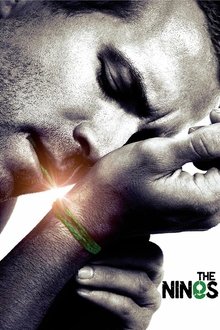
The Nines (2007)
A troubled actor, a television show runner, and an acclaimed videogame designer find their lives intertwining in mysterious and unsettling ways.
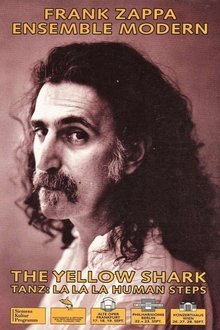
The Yellow Shark (1992)
This live recording was culled from seven September 1992 concerts given in Vienna, Berlin, and Frankfurt by the Ensemble Modern, a Frankfurt-based chamber orchestra that performs only contemporary music. Composed and conducted by Frank Zappa.
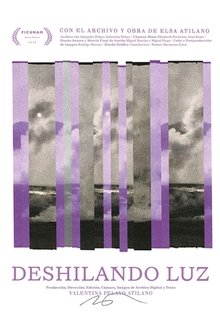
Deshilando Luz (2025)
A film essay that intertwines the director's gaze with that of her late mother. Beyond exploring mourning and absence as exclusively painful experiences, the film pays tribute to her mother through memories embodied by places and objects that evidence the traces of her existence. The filmmaker asks herself: What does she owe her mother for who she is and how she films? To what extent does her film belong to her?
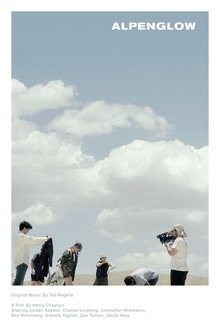
Alpenglow (2022)
Seven actors are brought to an isolated house where they must stay in character for three days under constant surveillance.
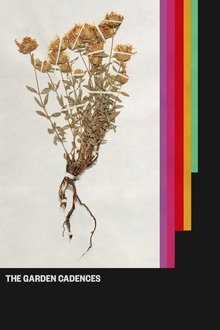
The Garden Cadences (2024)
Jone is ready to fly. She finds herself at the beginning of something new, but before she moves on, there needs to be a closure. Jone is one of Mollies, the queer-feminist collective that had been living for a decade at a trailer park next to Ostkreuz, Berlin.
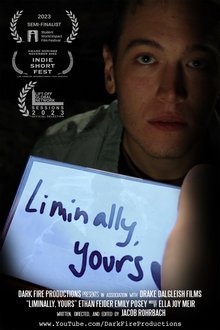
Liminally, Yours (2022)
The last person on Earth revisits their memories as they wander a lonely world
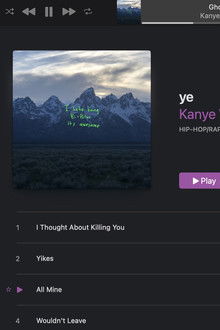
ghost town. (2025)
A young man has an anxiety attack and in an attempt to feel something, he skips through Kanye West's 2018 release, ye, until he lands on Ghost Town.
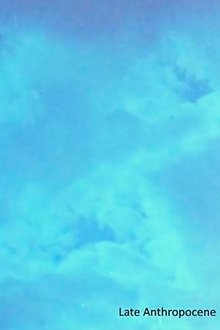
Late Anthropocene (2016)
Hand processed expired Kodak 7291, Camera: Beaulieu R16, Lens: Angenieux 12-120mm with +3 Diopter, Polarising filter for the clouds. Hand processed in C-41 chem using a Lomo UPB-1A tank. Still haven't mastered removal of the rem-jet anti-halation layer (thats all the white 'static' on the film). The film expired about 40 years ago.

